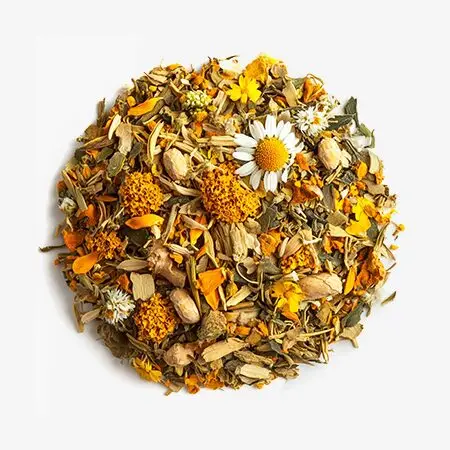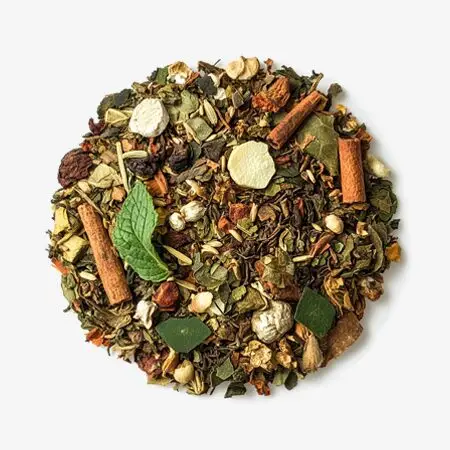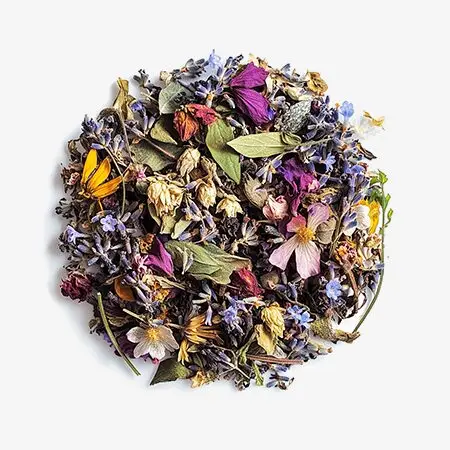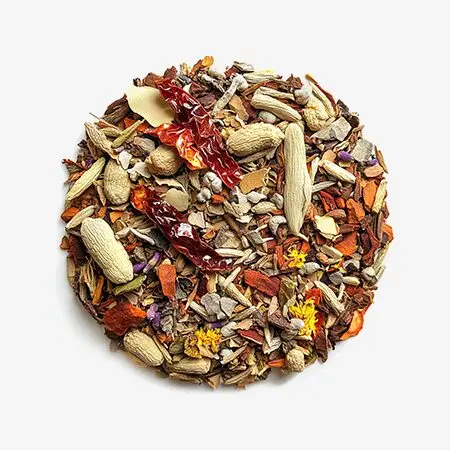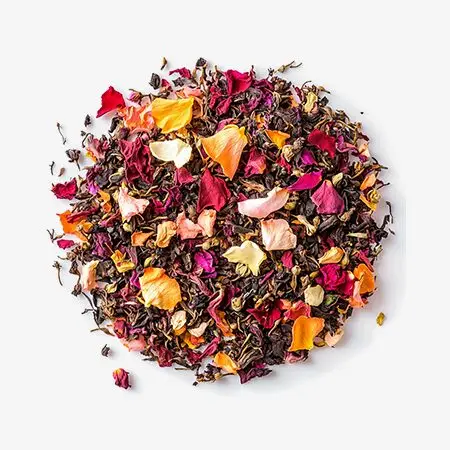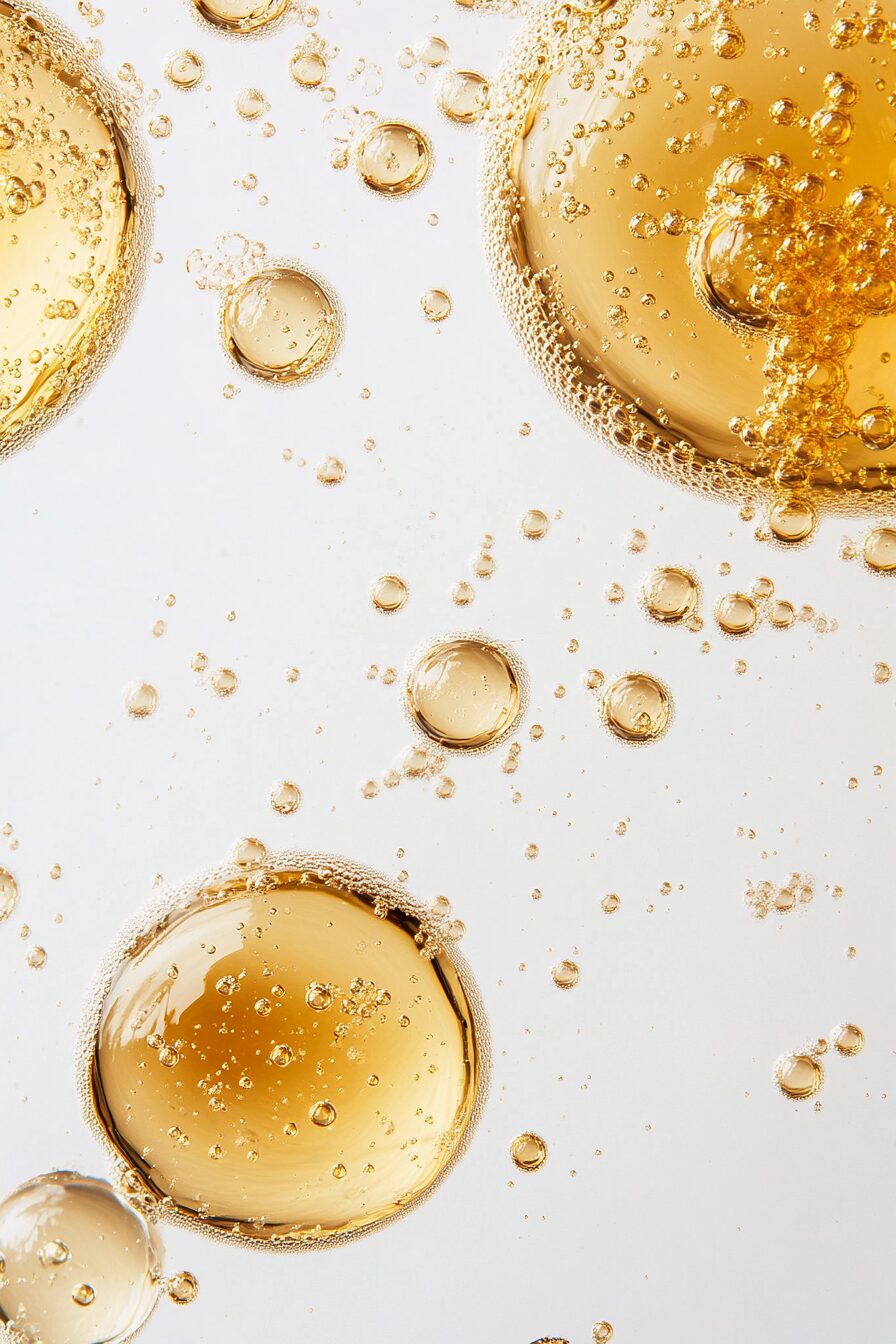
SUGAR DETOX 101: A How To Guide
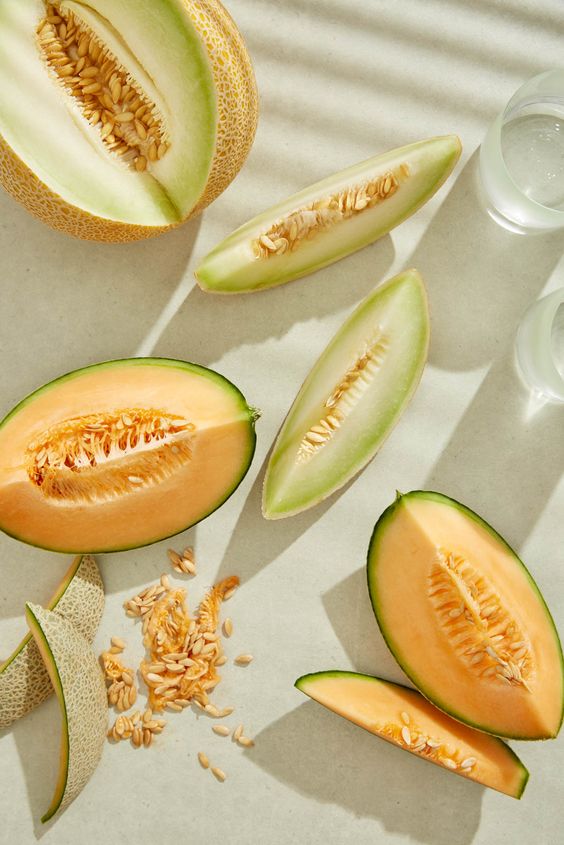
Simply put — Excess sugar is detrimental to your body.
Secret is out, sugar can be as dangerous – as it is delicious.
From Inflammation, Obesity, Diabetes, Tooth Decay, Heart and Neurological Diseases sugar is one macro nutrient you should be monitoring in your diet.
Not all sugar is created equally.
Sugar is a form of carbohydrate and comes in various forms: Glucose, Fructose, Sucrose and Lactose.
Glucose and fructose are simple sugars, or monosaccharides. These sugars – when found inside fresh, unprocessed foods – are the easiest for our bodies to digest. They are high in fiber and do not cause drastic spikes in insulin.
What sugar to avoid
It is added forms of fructose that have the most negative health effects. That’s why it’s so important to check the labels of your food. Added fructose is found everywhere. Be diligent in looking at ingredients lists on food packaging. Ingredients lists should be simple with minimal ingredients. Chronic ingestion of added fructose leads to long term complications.

Understanding your attachment to Sugar
Be warned: Detoxing your body from sugar, especially if you are a chronic user, is not easy and will cause withdrawal symptoms.
However, the benefits greatly outweigh the momentary discomfort which – in most individuals – will subside after two weeks. Cutting added Carbohydrates from your diet will help protect against long term chronic disease development and boost your overall health.
Why is it so hard to give up sugar?
Simply put, sugar impacts your brains reward systems.
When you consume sugar, your brain releases a neurotransmitter called Dopamine; our “feel good” chemical.
So, in the short term, this added sugar makes us feel good. But just like addictive drugs, your body becomes used to the Dopamine release and soon needs more sugar to satisfy the craving.
This, fueled by the empty calories from added sugar, leads to a toxic, repetitive cycle of chronic sugar consumption.
What to expect from a Sugar Detox
When a chronic carbohydrate user removes sugar from their diet the cravings can be intense and lead to mental and physical feelings of:
- Depression
- Anxiety
- Restlessness and Sleep Disturbances
- Brain Fog
- Irritability
- Intense Cravings
- Headaches
- Dizziness
- Flu Like Symptoms
As stated previously, these symptoms suck but will not last forever. Generally, most symptoms last no longer than two weeks and the benefits are worth the momentary pain.
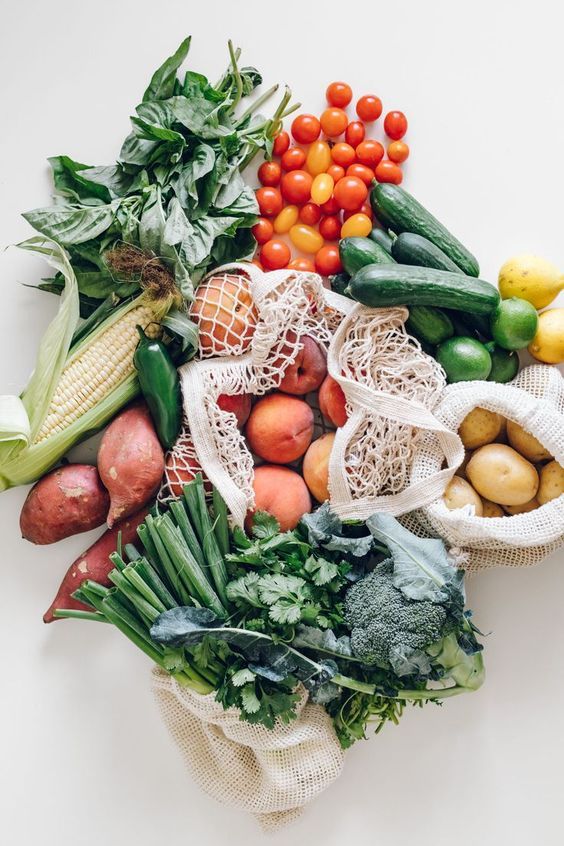
How to DETOX from Sugar
What is allowed:
- Sugar and Carbohydrates from Fruit + Vegetables can be consumed in abundance.
- Healthy, Unrefined Grains: Quinoa, Wild Rice, Barley, Amaranth, Buckwheat, etc. can also be consumed.
What is not allowed:
- No added Sugar: No Honey, Sugar, Syrups or Substitutes.
- No refined/processed foods with high Sugars or Carbohydrates like bread, cakes, wraps, bagels, pizza, pastries, doughnuts, cereals, etc.
- No sweetened beverages.
Tips to move through the cravings
1. Consume Fresh Fruit & Complex Carbohydrates
Fresh fruits and rich complex carbohydrates like Sweet Potatoes and Grains will help support your detox from sweets. Fresh fruits and complex carbs are loaded with insulin fighting fiber which minimizes cravings and leaves you feeling fuller for longer.
2. Hydrate Often
Replace sweetened beverages with Sparkling Soda or Fresh, Unsweetened Herbal Teas. Hydration also helps to remove toxin build ups from the digestive tract, and decreases the chance of constipation.
3. Consume Healthy Fats & Protein
Healthy Fats and Proteins like Avocados, Tempeh, Coconut Milk, Plain Yogurt, Nuts and Seeds will keep you full, helping to resist temptations and cravings for sugar.
4. Don’t Count Calories
You’re already putting your body into recovery mode. This is not a time to restrict your body. Allow yourself to consume as many calories from Fruits, Vegetables, Nuts, Seeds and Grains. Over time, your body will have ample amounts of minerals and vitamins causing calorie consumption to stable out.
5. Practice Patience
Please be gentle with yourself through this process. Sugar, like other addictive substances, is hard to quit. Be patient and allow negative withdrawal symptoms to happen. It’s the only way through.

Subscribe To Our Weekly Newsletter
Share:
Related Posts


a NOURISHING alternative to COFFEE

BIOENERGETIC Hygiene

